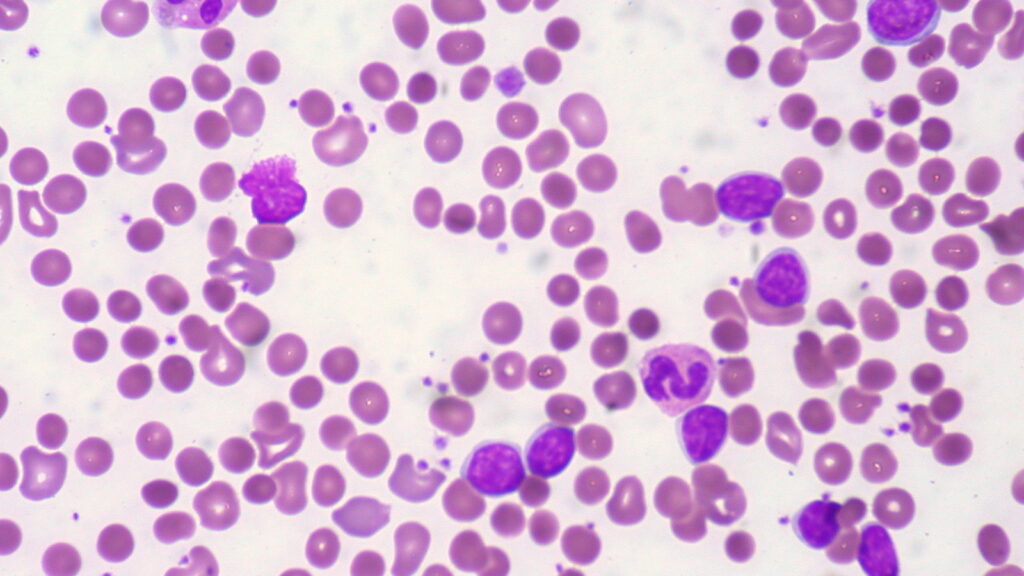Pquestions abound now that Donald Trump is returning to the White House. One of particular importance: What impact his relationship with Robert F. Kennedy Jr. will have. on vaccines in the US? We take a look at that question today, discuss another US biotech launch using Chinese science, and more.
How RFK Jr.’s Views Might Shape Politics
President-elect Trump’s decision to hand over health policy to noted vaccine skeptic Robert F. Kennedy Jr. has raised questions about whether they could reshape federal agencies to challenge or delay vaccine approvals and recommendations — and to fan the flames of vaccine skepticism. While Kennedy isn’t necessarily expected to lead a health agency himself, he could still play a big role in changing expert panels like the CDC’s Advisory Committee on Immunization Practices.
Kennedy could also undermine public confidence in vaccines through public statements, STAT’s Lizzy Lawrence and Timmy Broderick write.
“RFK is already having the effect of discouraging people from using vaccines, even though he’s not part of the government at all right now,” a George Washington University health policy professor told STAT.
Read more.
How the Trump presidency might affect biotech
Is less regulation by the Food and Drug Administration good for the biotech industry? Do vaccine makers like Pfizer have a target on their back now? And will the “Make America Healthy Again” movement spearheaded by Robert F. Kennedy Jr. tame the obesity drug market?
We discuss all of this and more on this week’s episode of “The Readout LOUD,” STAT’s biotech podcast. To find out how the election results could affect all things biopharma, we brought in three guests for this episode: Lizzy Lawrence, STAT’s FDA reporter; Baird analyst Brian Skorney; and longtime biotech executive Daphne Zohar.
Listen here.
Another American biotech based on Chinese science
Venture firm Aditum Bio launched yesterday a new company in the autoimmune space called Oblenio Bio. It is developing a tri-specific T-cell activator called LBL-051 that aims to target antibody-mediated autoimmune diseases. Science is licensed from China-based Leads Biolabs.
More American investors are launching state-owned companies that license technology from China. At the same time, Congress is moving to crack down on some Chinese companies through legislation like the BIOSECURE Act. President-elect Trump, meanwhile, has a history of stoking tensions with Beijing and has threatened hefty tariffs and tariffs on Chinese exports. It remains to be seen whether venture capitalists will continue to advance a China-centric licensing model.
A bit of honesty from Cassava Science
Rick Barry, CEO of embattled Alzheimer’s company Cassava Sciences, yesterday tried to dispel some of the hype and misconceptions surrounding upcoming Phase 3 data on the company’s controversial drug, simufilam. Barry said on an earnings call that everyone will soon see “whether our optimism is warranted or misplaced before long.”
There were significant flaws in Cassava’s early data, and growing evidence suggests that simufilam is inert, as STAT’s Adam Feuerstein has pointed out. Barry said the company will report whether the treatment hit its primary endpoints, as opposed to analyzing the data to find efficacy elsewhere.
“Given the scrutiny this company is under, you can expect us to measure twice and cut once before reporting our results,” Barry said. Even Adam was impressed.
More readings
- Moderna reports surprise profit on higher-than-expected sales of Covid vaccine Reuters
- Biologics CDMO Avid Bioservices to go private in $1.1 billion sale to Ampersand, GHO Capital, FiercePharma
- Soft RSV sales reveal vaccine market failing to catch post-Covid momentum, endpoints
